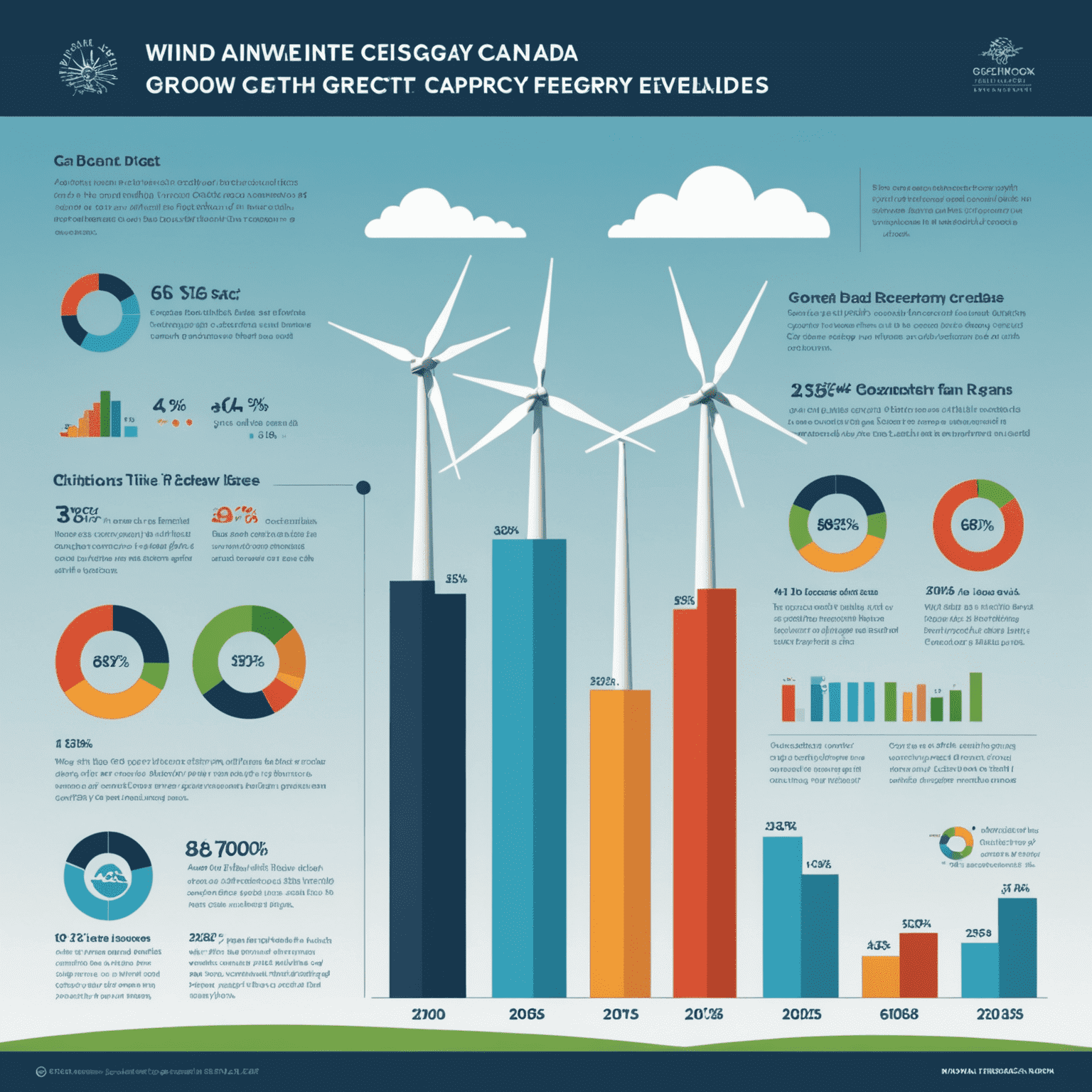Green Energy Policies in Canada: What You Need to Know

Canada has been making significant strides in promoting renewable energy, with a particular focus on wind power. This article provides an overview of the current Canadian policies supporting wind energy development and their impact on the sustainable power landscape.
Federal Initiatives
The Canadian government has implemented several policies to encourage the growth of wind energy:
- Renewable Energy Deployment Program: Providing financial incentives for large-scale renewable energy projects, including wind farms.
- Clean Energy Innovation Program: Supporting research and development in wind turbine technology and grid integration.
- Pan-Canadian Framework on Clean Growth and Climate Change: Setting national targets for reducing greenhouse gas emissions, indirectly boosting wind energy adoption.
Provincial Policies
Each province has its own set of policies to promote wind energy:
Ontario
Large Renewable Procurement (LRP) program to contract new wind power capacity.
Quebec
Wind Energy Development Strategy focusing on local community involvement and indigenous partnerships.
Alberta
Renewable Electricity Program to increase the province's renewable energy capacity, with a significant focus on wind power.
Impact on the Sustainable Power Landscape
These policies have had a profound impact on Canada's energy sector:
- Increased Wind Energy Capacity: Canada's wind power capacity has grown significantly, reaching over 13,000 MW in 2021.
- Job Creation: The wind energy sector has created thousands of jobs in manufacturing, installation, and maintenance.
- Reduced Carbon Emissions: Wind power has contributed to a substantial reduction in greenhouse gas emissions from the electricity sector.
- Energy Security: Diversification of energy sources has improved Canada's energy security and reduced reliance on fossil fuels.
- Technological Innovation: Policies have spurred advancements in wind turbine technology, making them more efficient and cost-effective.

Challenges and Future Outlook
Despite the progress, there are still challenges to overcome:
- Grid Integration: Improving infrastructure to handle the intermittent nature of wind power.
- Public Acceptance: Addressing concerns about noise and visual impact of wind turbines.
- Regulatory Harmonization: Streamlining policies across provinces for more efficient development.
The future of wind energy in Canada looks promising, with ongoing policy support and technological advancements paving the way for continued growth in the sector.
Conclusion
Canada's green energy policies, particularly those supporting wind energy development, are playing a crucial role in shaping a sustainable power landscape. As the country continues to prioritize renewable energy sources, wind power is set to become an increasingly important component of Canada's energy mix, contributing to a cleaner, more sustainable future.